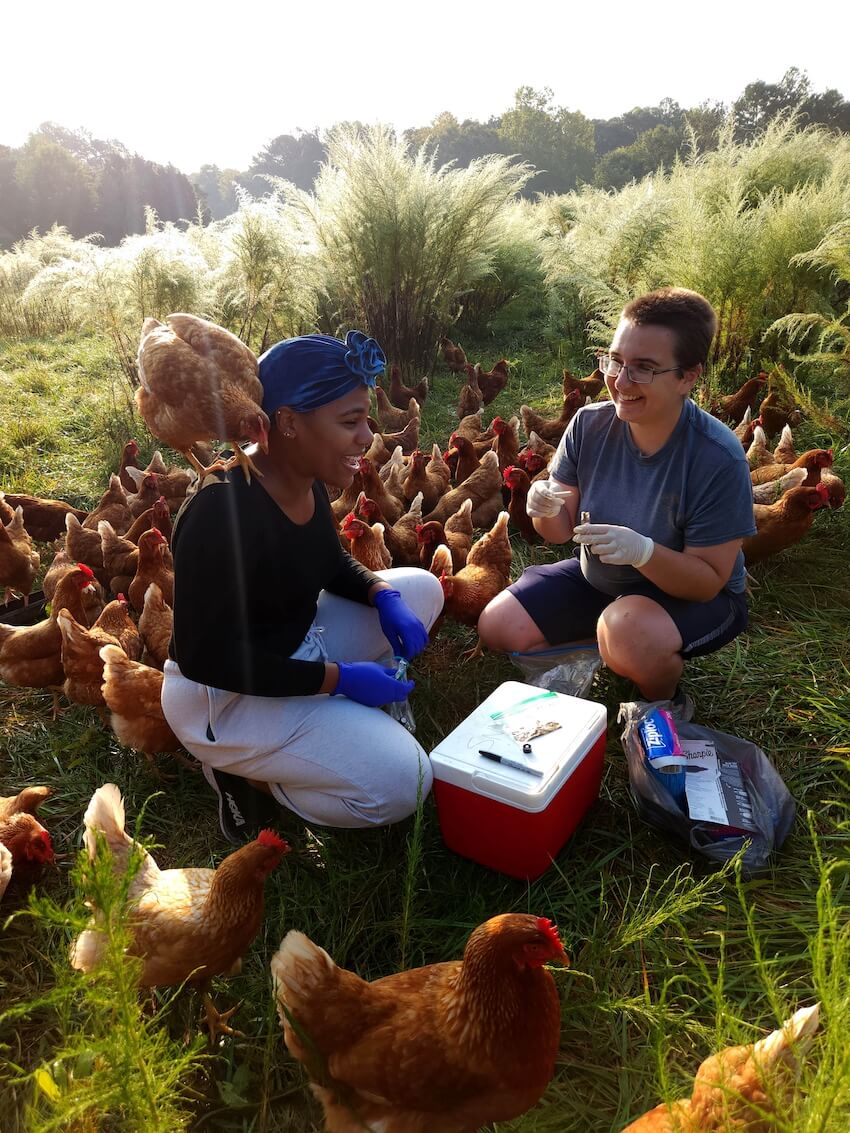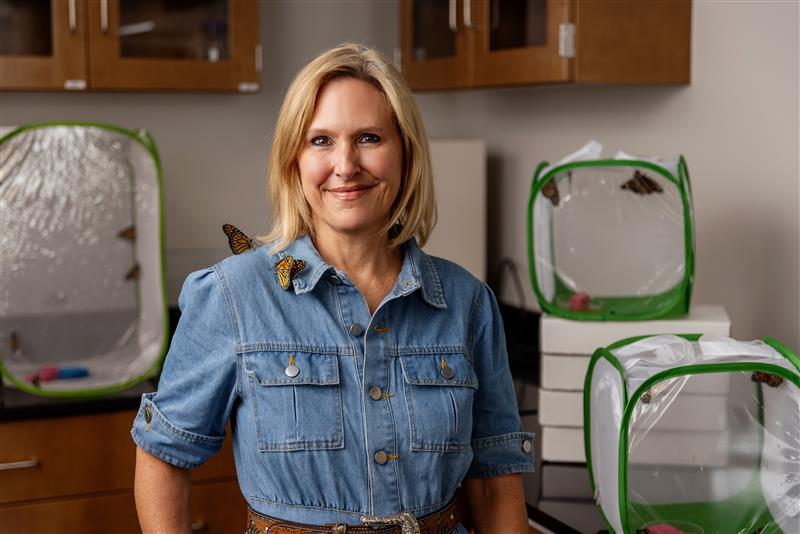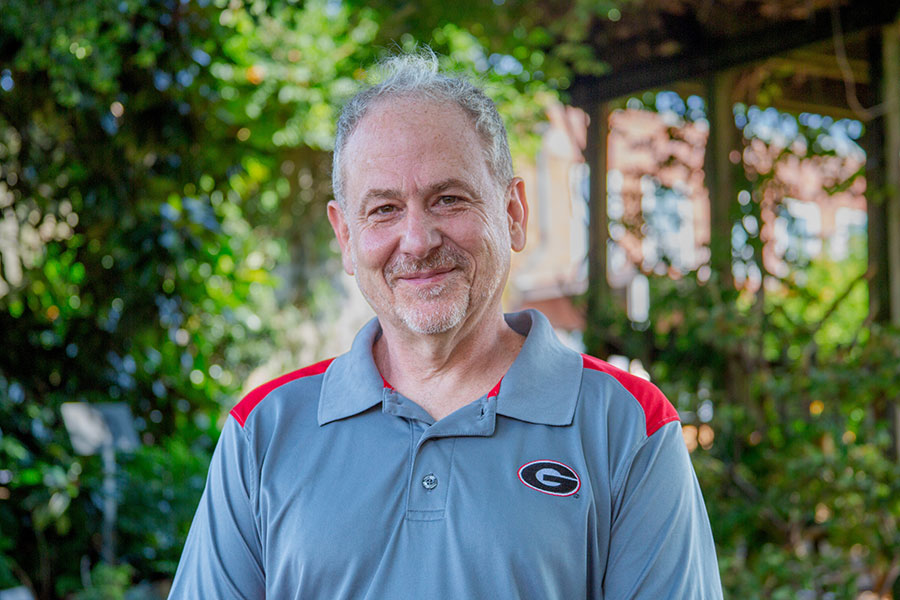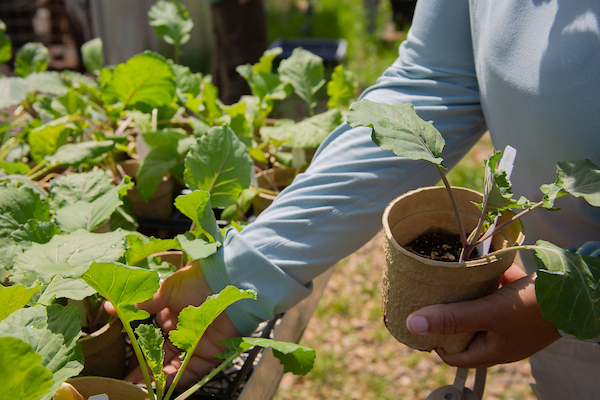
Calling all chicken wranglers: If you raise free-range or pastured chickens on your commercial farm, researchers at the University of Georgia want to know what your feathered friends are eating.
To find out, the research team at the College of Agricultural and Environmental Sciences wants your chicken poop for the Chicken Ecology and Ecosystem Services, or ChickEES, study.
A multidisciplinary group of faculty with expertise including ecological research, environmental microbiology, weed and soil sciences, poultry nutrition and consumer behavior, is examining how pastured and free-range chickens influence the ecosystem on integrated crop-livestock farms.
Sofia Varriano, a doctoral student in the Department of Entomology, and fellow graduate students have been collecting and analyzing chicken feces from farms in Georgia and Florida.
To widen the study sample, the research team is ready to send out 100 “Chicken Dinner Meal Kits,” small boxes containing everything needed to participate in the study: three sample containers prefilled with a DNA shield buffer, gloves and a scoop.
Pooper scoopers for gene analysis
“We will send these out to growers free of charge. They can go on our website and request a kit. Growers can go out in the morning, scoop three different chicken poops, put them in these containers, shake it up and ship it back to us,” Varriano said. “We will be able to tell them exactly what their chickens are eating on their farms.”
Each sample box comes with a prepaid return label that turns the sample box into a return parcel. From there, the researchers will extract DNA from the samples in the lab, then send the samples to a DNA sequencing lab for analysis.
“When we receive the sequences back, we do the bioinformatics work ourselves. We've built a custom CO1 library to be able to identify those arthropods in our lab,” Varriano explained. CO1 is a gene widely used to identify and classify species, and a CO1 library is a collection of sequenced DNA fragments from the CO1 gene.
“We took sequences from publicly available databases and created a custom library so we are able to match any DNA sequence to any one of those library sequences to know exactly what insect or plant the chicken ate,” she added.
Can chicken poop be the key to farm sustainability?
The public plea for poop is designed to get a larger sample of growers from the public to broaden the results of the study. The team has already contacted researchers doing similar work at other institutions to solicit samples from producers in other states and regions.
“We are trying to cover a really wide geographic distribution so we can see if chickens are eating different things on the West Coast compared to here,” Varriano said.
There is no charge for participating in the study. To determine how different natural diets influence animal health, producers who send in samples will receive data comparing the results within each individual farm system and each farm as a whole against samples from other farms.
“We’re asking for producers who are selling their products to consumers. … We have some screening questions on the sample submission form asking growers about different management strategies and on-farm chicken systems, how they view them and what they see as the benefits and the drawbacks,” Varriano said. “We will be analyzing that data as well.”
For more information, visit the ChickEES study website at chickendinner.uga.edu.






